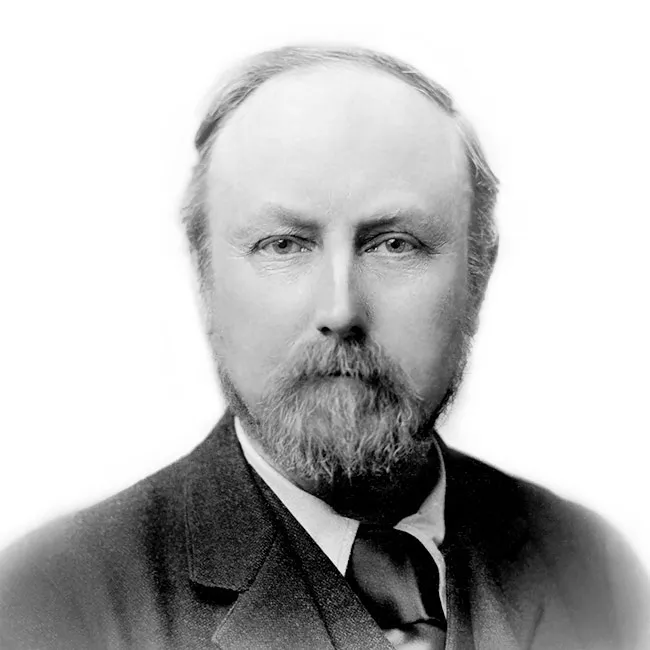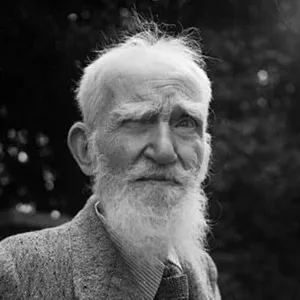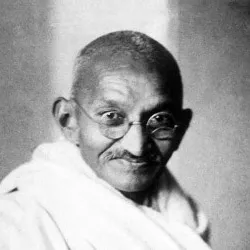Henry Salt Foundation
Henry S. Salt was a tireless campaigner and social reformer, renowned for his pioneering advocacy of animal rights and vegetarianism. A prolific writer, he gained acclaim for his literary criticism, especially his biographies of Percy Bysshe Shelley and Henry David Thoreau.
Salt authored the influential book Animals’ Rights Considered in Relation to Social Progress, which Peter Singer hails as the best work on the subject from the 18th and 19th centuries. Beyond his contributions to animal rights, he was a respected literary critic, biographer, classical scholar, and naturalist. Notably, he introduced Gandhi to the seminal works of Thoreau.
His intellectual circle included many prominent writers and thinkers of his time, such as Bernard Shaw, Edward Carpenter, and W. H. Hudson. As the secretary of the Humanitarian League, he gained the friendship and support of notable figures like Russell Wallace, Thomas Hardy, George Meredith, and G. K. Chesterton.

New Book
The Heart of Socialism. Selected Humanitarian Writings
A selection of writings by Henry S. Salt, one of the most interesting left-wing English authors from the turn of the 19th and 20th centuries. Edited and translated into Polish by Cezary Błaszczyk.
The essays collected in this anthology express the ideology of
humanitarianism, which can be reduced to the statement that we should treat everyone humanely – both human and non-human.
- A Plea for Vegetarianism
- Socialists and Vegetarians
- Humanitarianism. Its General Principles and Progress
- The Creed of KInship
Ernest Bell – The Animals’ Friend
Ernest Bell was a distinguished publisher and editor who significantly contributed to advancing animal rights and vegetarianism.
He served as chairman of the Humanitarian League for over twenty years and was instrumental in founding numerous animal rights societies.
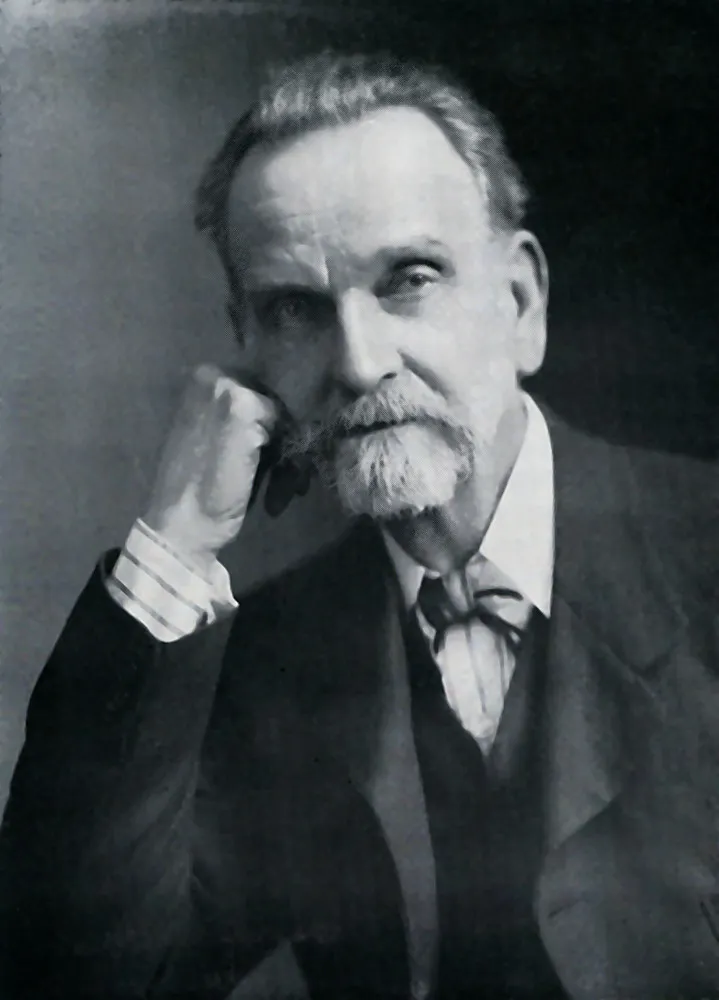
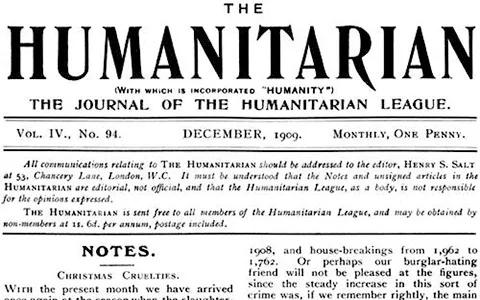
The Humanitarian League
The Humanitarian League (1891-1919) was a radical British pressure group that opposed all avoidable suffering on any sentient being.
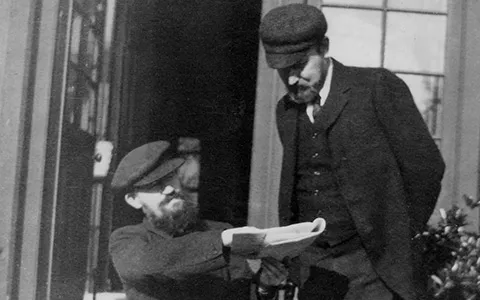
Henry Salt photo gallery
Photographs from Henry Salt’s collection, featuring Catherine Leigh Salt and several of his relatives.
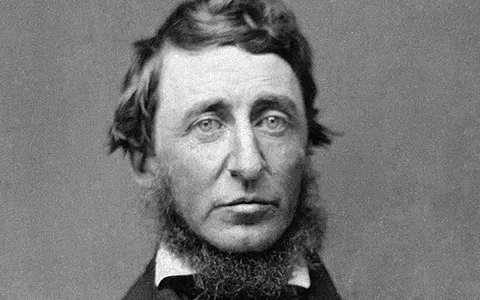
Literary Critic and Man of Letters
Salt was most satisfied when he treated authors with whom he had the most sympathy, especially Shelley and Thoreau.
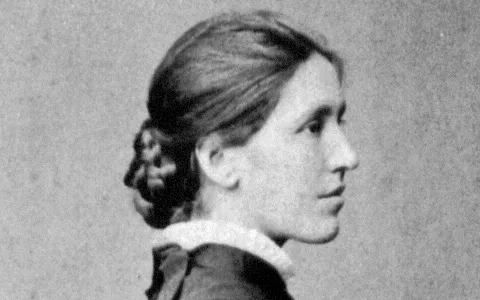
Catherine Leigh Salt
Kate, as she was known to her friends, was a remarkable reformer. Shaw and Carpenter admired her for her literary skills.
Henry Salt Books
Henry Salt wrote almost forty books, including Animals’ Rights and Life of Henry David Thoreau.
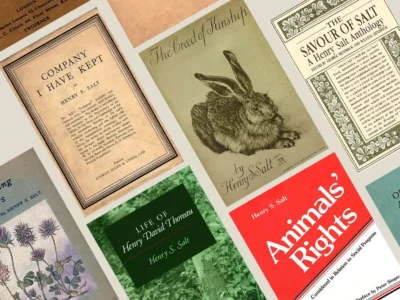
BBC Radio Henry Salt Broadcast
A 1977 BBC Radio broadcast including contributions from Mrs Catherine Salt.
“My pastime has been writing sermons in plays, sermons preaching what Salt practiced.”
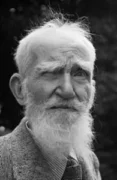
George Bernard Shaw
